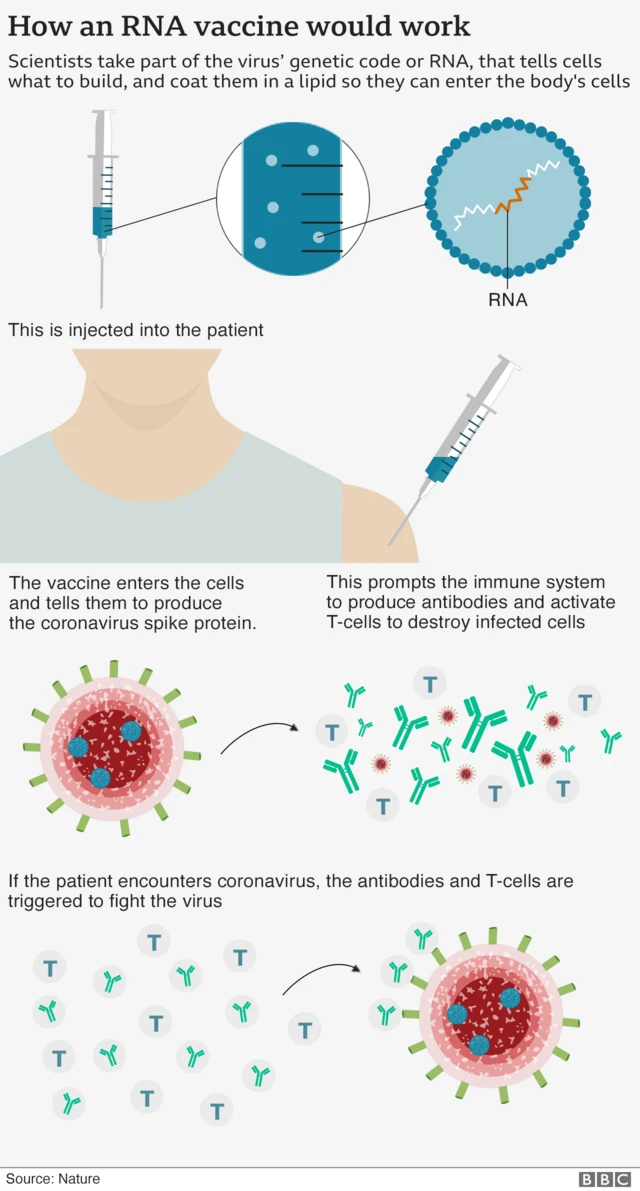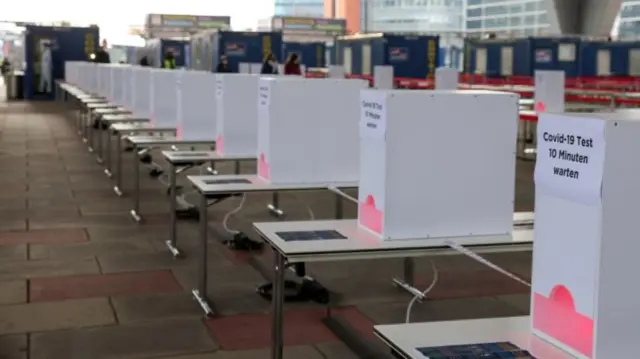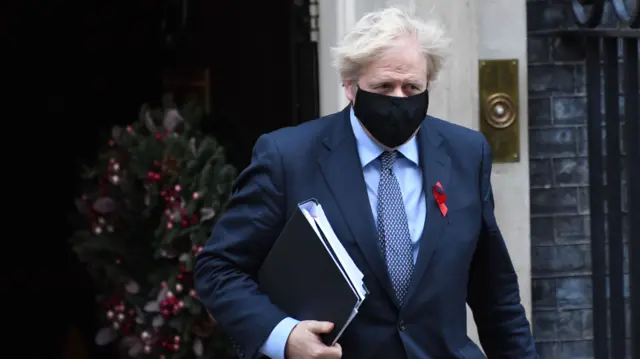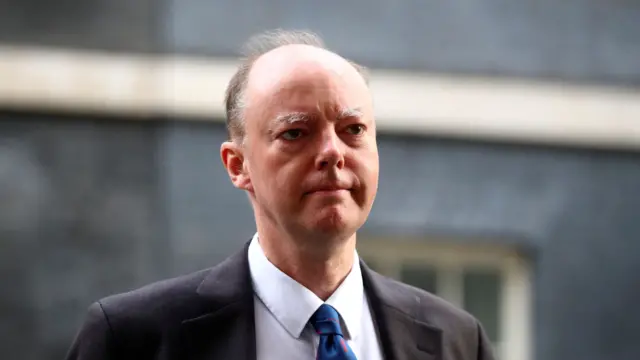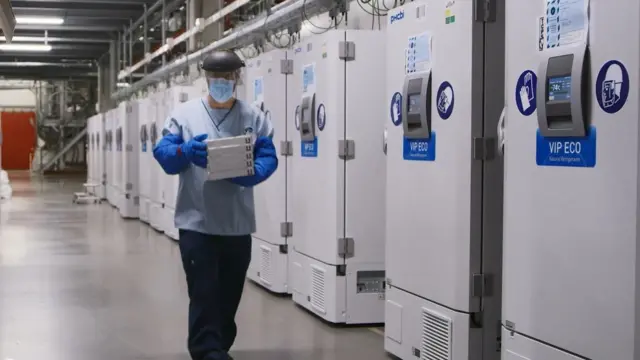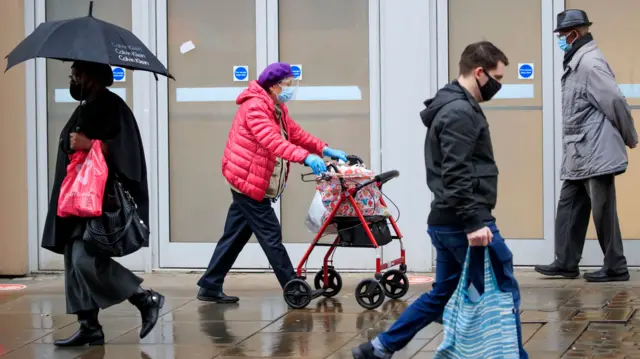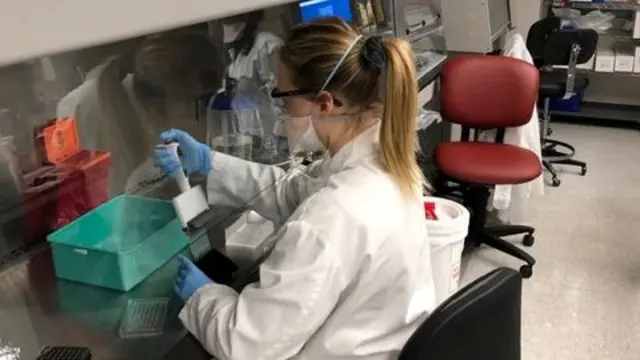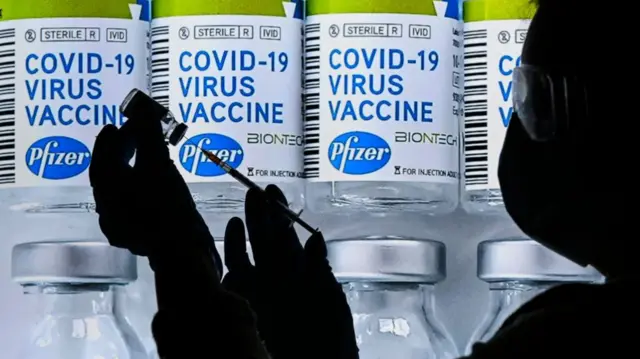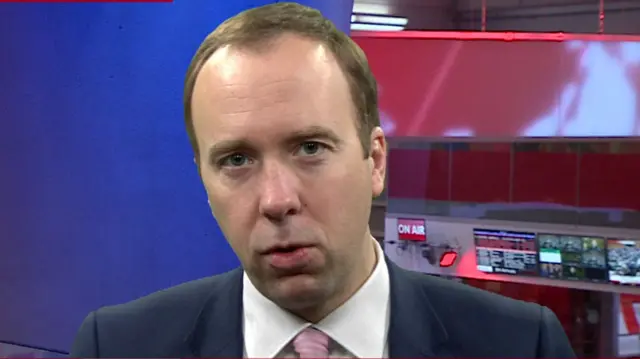How does the vaccine work?published at 09:14 GMT 2 December 2020
The Pfizer vaccine is a new type called an mRNA vaccine that uses a tiny fragment of genetic code from the pandemic virus to teach the body how fight Covid-19 and build immunity.
An mRNA vaccine has never been approved for use in humans before, although people have received them in clinical trials.
Here, our colleagues lay out how it works.
